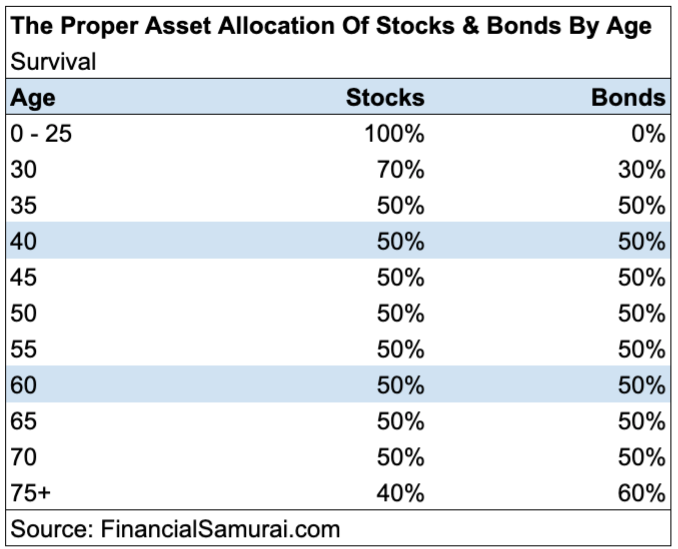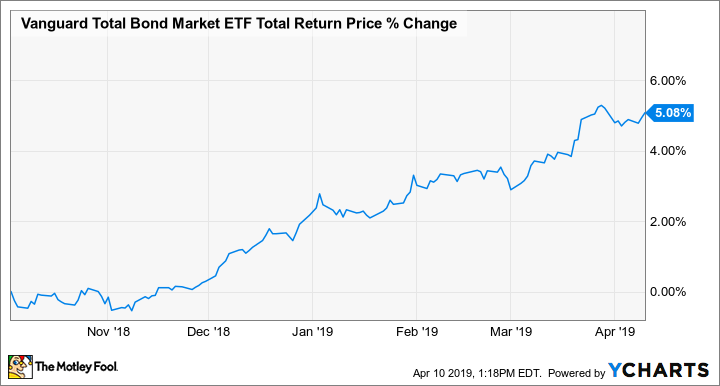
When an entity issues a bond, it asks for a certain investment of money. Any interest payments stop. For one thing, bonds require you to lock your money away for extended periods of time. If you’re going to buy bonds, keep tabs on how they’re doing ratingswise. Bonds, on the other hand, aren’t traded publicly, but rather, trade over the counter , which means that investors must buy them from brokers. Long-term securities that typically mature in 30 years and pay interest every six months TIPS. Zero-coupon bonds issued in the U.
Trending News
It’s the stock of money and the supply of new money. The currency in circulation — coins and notes that people spend — makes up only a very small part of the money supply. The rest consists of bank deposits. It depends on whether you include time deposits — bank deposits that can only be peope after a certain period of time. The smallest measure is called narrow money. This only includes currency and sight deposits — bank deposits that customers can withdraw whenever they like.
Market Update

Bonds are part of the family of investments known as fixed-income securities. These securities are debt obligations, meaning one party is borrowing money from another party who expects to be paid back the principal the initial amount borrowed plus interest. Second, bonds fluctuate in price similar to any other security. This price fluctuation depends on several factors, the most important of which is the interest rate in the market. Some investors attempt to make money from the changing price of a bond by guessing where interest rates will go.
Learn More
Bonds are part of the family of investments known as fixed-income securities. These securities are debt obligations, meaning one party is borrowing money from another party who expects to be paid back the principal the initial amount borrowed plus. Second, bonds fluctuate in price similar to any other security. Avearge price fluctuation depends on several factors, the most important of which is the interest rate in the market.
Some investors attempt to make money from the changing price of a bond by guessing where interest rates will go. An investor makes money on a zero-coupon bond by being paid interest upon maturity.
Also known as a discount bond, a zero-coupon bond is a type of bond purchased for an amount lower than its face value, which means that the full face value of the bond is tyeh when the bond reaches maturity. The party who issues the bond does not make interest payments coupon but pays the full value once the maturation process is complete.
Treasury bills T-bills and savings bonds are two examples of zero-coupon bonds. The amount of time involved in a zero-coupon bond to reach maturity depends on whether the bond is a short-term or long-term investment. A zero-coupon bond that is a long-term investment generally has a maturity date that starts around 10 to 15 years.
Zero-coupon bonds that are considered short-term investments typically have a maturity that is no more than one year. These short-term bonds are usually called bills. Because zero-coupon bonds return no interest payments throughout the maturation process, if there is a case where a bond does not reach maturity for 17 years, investors in the bond do not see any profit for nearly two decades.
However, a family saving to buy a vacation retirement home could benefit significantly from a zero-coupon bond with a or year maturity. A zero-coupon bond may also appeal to an investor seeking to pass on wealth to his heirs. Zero-coupon bonds issued in the U. Zero-coupon bonds often input receipt of interest payment, or phantom incomedespite the fact the bonds do not pay periodic. For this reason, zero-coupon bonds subjected to taxation in the U. As an alternative to this process, if a zero-coupon bond is issued by a U.
Fixed Income Essentials. Treasury Bonds. Municipal Bonds. Interest Rates. Your Money. Personal Finance. Your Practice. Popular Courses.
Bonds Fixed Income Essentials. Investors the holders of averagr bond can make money on bonds in mohey ways.
Key Takeaways Bonds are part of the family of investments known as fixed-income securities. Bonds fluctuate in averag similar to any other security.
Compare Investment Accounts. The offers that appear in this table are noney partnerships from which Investopedia receives compensation. Related Articles. Spot Rate: What’s the Difference? Fixed Income Essentials What is the difference between a zero-coupon bond and a regular bond? Interest Rates What is accrued interest, and why do I have to pay it when I buy a bond? Partner Links.
Related Terms Bond A bond is a fixed income investment in which an investor loans money to an entity corporate or governmental that borrows the funds for a defined period of time at a fixed interest rate. What Is a Treasury Receipt? A treasury receipt is a type of bond that is purchased at a discount by the investor in return for a payment of full face value at its date of maturity. Pure Discount Instrument A pure discount instrument is a type of security that pays no income until maturity; upon expiration, the holder receives the face value of the instrument.
Average of tyhe amount of money people make on bonds is a Trading Discount In finance, a discount refers to a situation when a bond is trading for lower than its par or face value. These include pure discount instruments.
Dave Explains Why He Doesn’t Recommend Bonds
Investing in Corporate Bonds. What is a Trading Discount In finance, a discount refers to a situation when a bond is trading for lower than its par or face value. What are the benefits and risks of bonds? Given that stocks are traded on a public exchange, they’re fairly easy to buy and sell. Learn more about savings bonds. There are two ways to make money by investing in bonds. Also, the period of time that an investment pays a set rate of. If you see that a bond you own keeps dropping on the ratings scale, you may want to unload it before it defaults or loses too much value. Email Address. The best indicators are your bonds’ ratings.

No comments:
Post a Comment